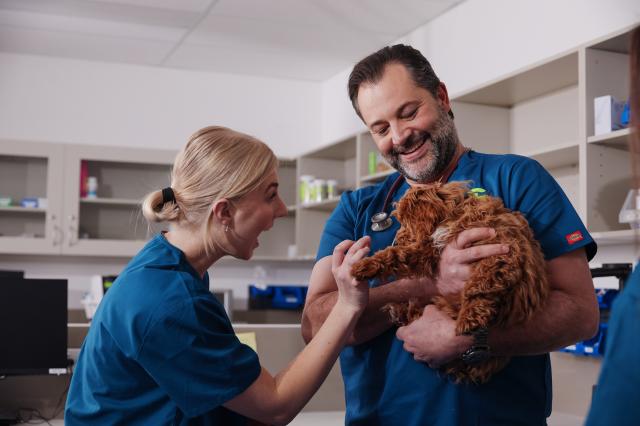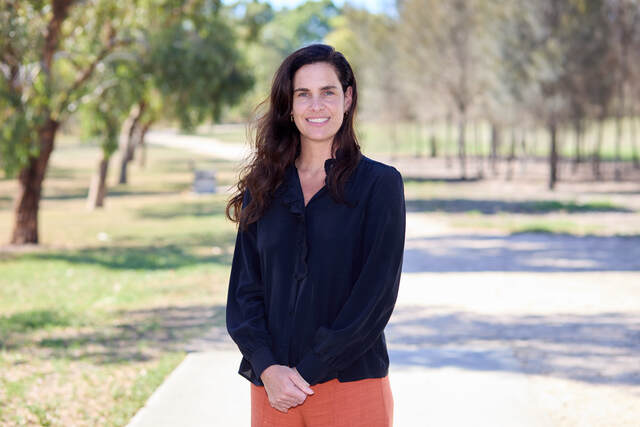A new study will investigate whether pets can cure loneliness and social isolation in at-risk groups.
Research by the National Centre for Healthy Ageing (NCHA), a federally funded partnership between Monash University and Peninsula Health, will explore whether bonding with animals helps tackle the sads.
A Monash University statement on the study said loneliness and isolation come from a reduced sense of belonging and a lack of social connections, with risk factors increasing as we age.
“Members of excluded groups or minorities, such as international students or refugees and recent migrants, are also at higher risk due to a lack of social interactions or networks,” the statement said.
“The new study aims to explore the way pets and the human-animal bond may reduce this sense of loneliness and social isolation in these groups.”
Monash University researcher Dr Em Bould will use new NCHA funding to expand their work on the impact of human-animal interactions to older people and those from migrant and refugee backgrounds.
The pilot study will look at the benefits of regular interactions with others “centred around a shared interest in animals and it is just one of 13 NCHA Living Labs projects that have secured combined funding of $4.77 million”.
According to Dr Bould, there have been little objective study of pets’ impact in aged care and none into the consequences of animal activities in refugee and migrant groups.
“Loneliness and social isolation can lead to detrimental effects on physical health, increased incidence of depression and suicide. The ultimate aim of the program is to use pets to support social connection and healthy ageing, and we are looking forward to seeing the results from this important research,” Dr Bould said
From May 2023, Dr Bould will enrol volunteers in the Pets and People (PaPs) Program, a group intervention proposed for aged care settings, which also ensures migrant and refugee groups are included.
“Up to four partner aged care facilities across Melbourne and Queensland will host a PaPs group, with about 36 participants from the three target groups,” Monash University said.







